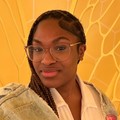Eric W. Larson Memorial STEM Scholarship
Eric W. Larson was a beloved husband and father who passed away too soon after a remarkable life of overcoming difficulties.
Eric worked hard to further his education, pursue the career of his dreams, and become a successful aerospace engineer. He was a strong advocate for gender and racial equality, and fully supported female participation in all fields of work and sport. As the father of two girls, Eric championed the presence of women in the sciences and believed strongly in the value of higher education.
This scholarship aims to honor Eric Larson’s commitment to equality in the sciences by supporting women of color who are pursuing STEM despite the challenges they face.
Any female BIPOC high school or undergraduate student who is financially disadvantaged and pursuing STEM may apply for this scholarship opportunity. The STEM majors that are eligible to apply for this particular scholarship include: Astronomy, Biology, Chemistry, Computer science, Engineering, .Earth sciences, Health sciences (studies that focus on research based on biological sciences, rather than on the study of the treatment or practice of medicine.), Information technology, Mathematics and Physics.
To apply, tell us about your background, any challenges you have faced, how you have overcome these difficulties, why you’re passionate about your chosen field in STEM, and what impact you will make through your future career. Additionally, upload images of yourself, your family, and any important milestones in your life.
Please tell us about your personal background, the adversity you've faced, particularly as it pertains to your financial circumstances, and how you've overcome it. Why are you passionate about your particular (STEM) field and what type of impact would you like to make in the future through your work?
Winners and Finalists
October 2025
December 2024






Winning Application




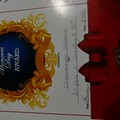
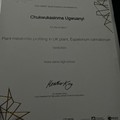
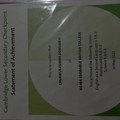
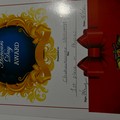
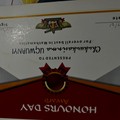
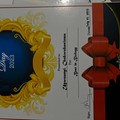
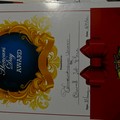
Explore All Kinds of Scholarships for All Kinds of Students
FAQ
The application deadline is Apr 6, 2026. Winners will be announced on May 6, 2026.
Your privacy is a top priority on the Bold.org platform, and you can find our privacy policy in full here. You may opt out of communications from Bold.org at any time, and unless we’ve first notified you and gotten your consent, you’ll never receive communication from any third parties related to personal information you give us.
Award amounts per winner are designated by the donor. Check the award amount for a detailed breakdown.
The winner will be publicly announced on May 6, 2026. Prior to the announcement date, we may contact finalists with additional questions about their application. We will work with donors to review all applications according to the scholarship criteria. Winners will be chosen based on the merit of their application.
Award checks will be sent to the financial aid office of the winner's academic institution or future academic institution in their name to be applied to their tuition, and in the name of their institution (depending on the school's requirements). If the award is for a qualified educational non-tuition expense, we will work with the winner directly to distribute the award and make sure it goes towards qualified expenses.
Before we award the scholarship, the winner will be required to confirm their academic enrollment status. Depending on the circumstances, verification of Student ID and/or their most recent transcript will be required.
If you have any questions about this scholarship or the Bold.org platform, just email contact@bold.org and we’ll get back to you as quickly as we can.
Yes. The terms and conditions for this scholarship can be found here.


